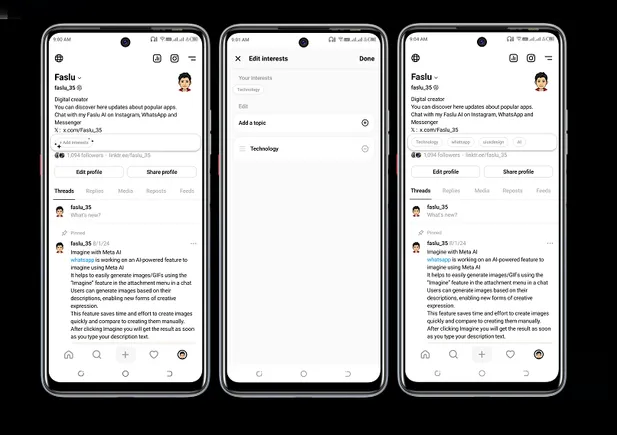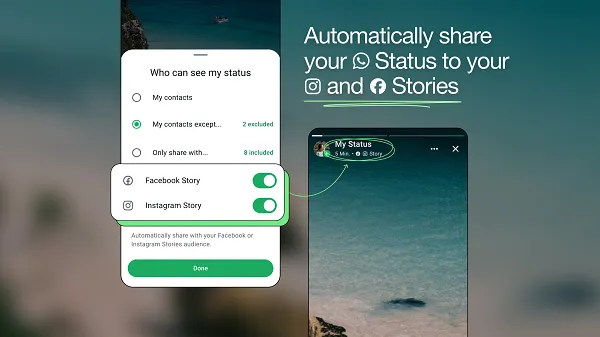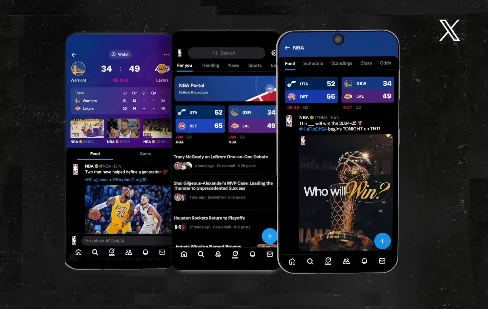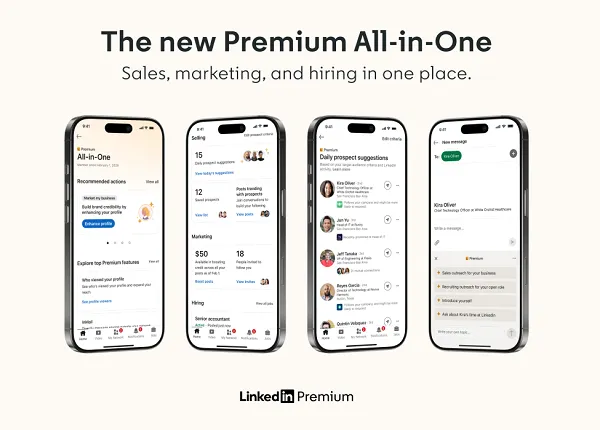Zuckerberg Provides More Context on Meta’s Moderation Shift
Why is Meta getting rid of fact-checks? Zuckerberg has provided some additional insight.
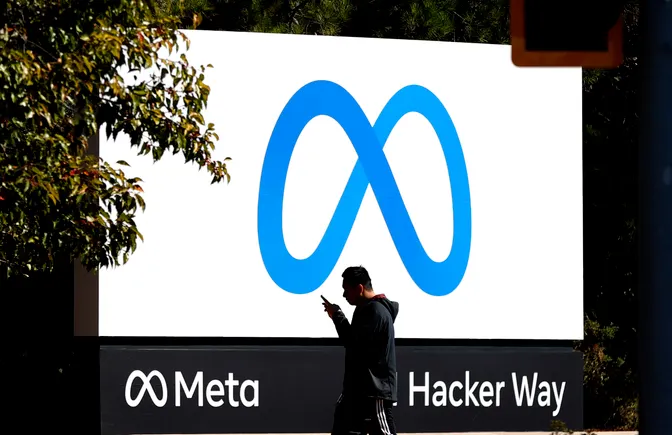
With Meta, and in particular, CEO Mark Zuckerberg, coming under fire for its decision to remove fact checking, and shift to a Community Notes type model for some moderation elements, the Facebook founder has taken to Threads to provide some more context on the decision, and what he actually expects from the change.
Which provides some more context on why Meta has decided to take such a seemingly drastic step, though what Zuckerberg doesn’t say is likely equally telling in this respect.
First off, in terms of why Meta is making this move, Zuckerberg has reiterated that people want to see more politics in their Facebook and IG feeds once again, after previously saying that they wanted less.
As per Zuckerberg:
“People want to be able to discuss civic topics and make arguments that are in the mainstream of political discourse, etc. Some people may leave our platforms for virtue signaling, but I think the vast majority and many new users will find that these changes make the products better.”
The confusing thing here is that Meta has totally flipped on its previous statements regarding its definitive moves away from “civic” (read “political”) content, which it was both enacting and praising, even just months back.
Back in 2021, Zuckerberg noted that:
“One of the top pieces of feedback we’re hearing from our community right now is that people don’t want politics and fighting to take over their experience on our services.”
That’s what sparked Meta’s larger push to scale back political discourse, and whatever it defined as “political” topics in-stream.
Zuckerberg reiterated this approach in a letter to the House Judiciary Committee last August, in which he again clarified his intention to distance Meta from politics, in order to avoid the perceptions and controversies of the past.
After all, as Meta and Zuckerberg claimed, news and politics have never been a significant driver of in-app engagement either way, so really, it was more trouble than it’s worth, and thus, it was better for Meta to shift away from such entirely.
Indeed, news content engagement, Meta says, only makes up around 3% of all activity on Facebook, and less on Instagram, while posts that link to news publisher domains on FB only make up around 0.2% of all feed content views.
Meta had instead found success in using AI recommendations to push Reels onto users, which have driven significant engagement gains in its apps. More than 50% of the content that users see on Instagram, for example, now comes via AI recommendations, and it did seem like Meta had found the best formula to maximize engagement, while also addressing concerns about political influence and angst.
So what’s changed?
According to Zuckerberg, the most recent U.S. election marked “a cultural tipping point towards once again prioritizing speech.”
As such, Meta is merely responding to what users want, which is apparently now more political content, and less moderation of their opinions. In a time where a President notorious for making spurious claims is returning to the White House, while he’s also appointing various questionable representatives to key positions.
It seems like fact-checking will be more valuable than ever, yet for some reason, Zuckerberg has taken the election as a trigger to step away from everything he and his representatives have been saying over the last four years.
Zuckerberg also notes that the company has been too aggressive in censoring content:
“Even if our systems mistakenly take down 1% of content, that's millions of people whose accounts are affected. It's by far one of the top issues that people report, and mistakenly banning fewer people is clearly a good thing.”
Which seems logical. Oh, accept the fact that the same works in reverse, in that 1% of people being exposed to harmful content, which Zuckerberg has also conceded will happen under this new system, also means that millions of people will be impacted by the same.
So false claims, misinformation, all of these elements that Meta’s now looking to ease back on are going to get more exposure in its apps.
Of course, any percentage of mistakes can be problematic. But surely some mistakes, in order to stop the spread of misleading lies, is better than simply opening the floodgates to the same.
Zuckerberg has also commented on Meta’s approach to Community Notes, the system it’s replicating from X, which it’s expected to launch in the coming months.
“I think Community Notes will be much better for adding context on a wider set of topics than the old program was. Most people rarely if ever saw fact checks, but Community Notes will enable greater coverage based on comments from a broader community.”
Community Notes is a good system, conceptually, in that it enables broader input into key discussion notes, and can help to dispel the distribution of misinformation and misleading claims.
But various studies have shown that Community Notes is simply not effective as a singular moderation solution.
For example, many Community Notes on X never get shown to users because of the requirement to gain cross-political agreement before a note is approved. In other words, Community Notes reviewers of opposing political viewpoints need to agree that a note is necessary before it gets shown. And with Trump’s passionate supporters willing to support every claim that comes out of his mouth, on some of the most divisive, harmful issues, such agreement will never come.
And that’s before you consider similar political division in other regions, while reports have also shown that organized groups have been infiltrating the Community Notes contributor pool in order to suppress certain viewpoints.
At Meta’s scale, this will be a much bigger problem, and it’s surprising to see Meta endorsing the X model completely, as opposed to using it as a supplementary element.
On the plus side, for publishers at least, Zuckerberg says that the changes will see them get more reach once again:
“We're going to start recommending civic content again, so that content should get more distribution and if people like it then you'll get more followers.”
Referral traffic from Facebook has virtually dried up for many publishers, so this will be a welcome shift, if it does indeed result in more visits.
But overall, it’s confusion more than anything that analysts are expressing. Meta was definitive about its shift away from news, and that it didn’t want to promote or amplify news content anymore, because, essentially, it was bad for business.
But after one dinner with Trump, Zuckerberg seemingly changed his mind.
I’m guessing the regulatory pressure that Trump threatened was more damaging than what the company might see in audience response.

 Kass
Kass 








